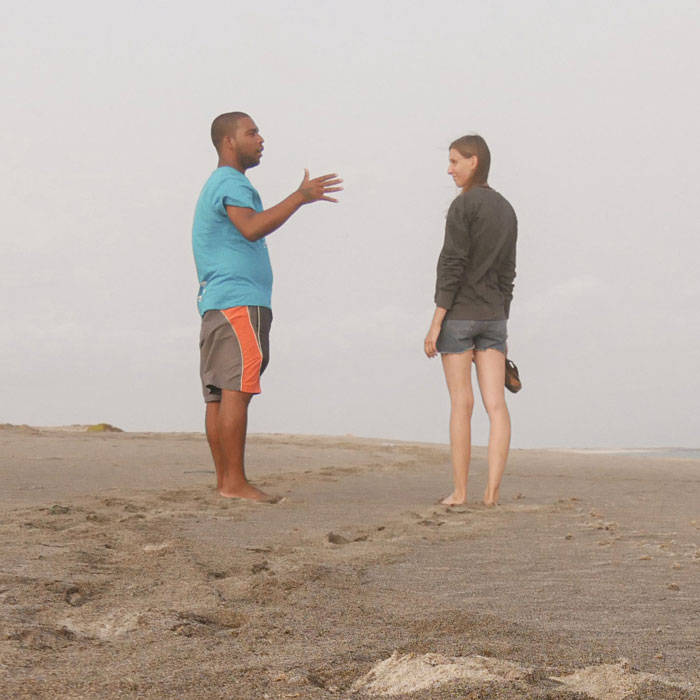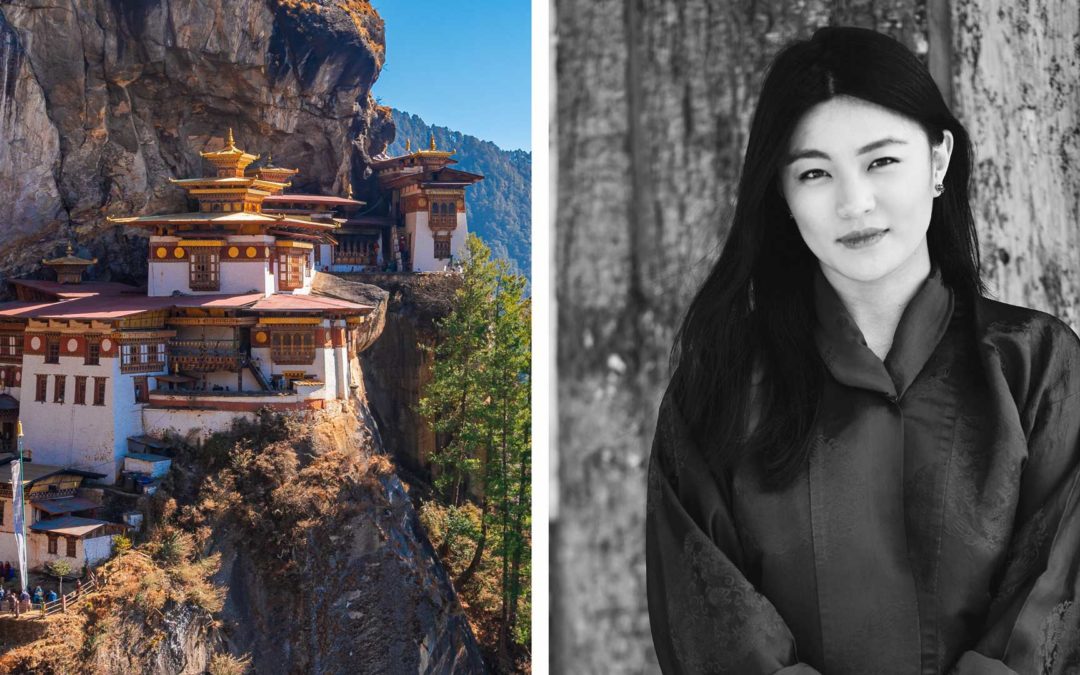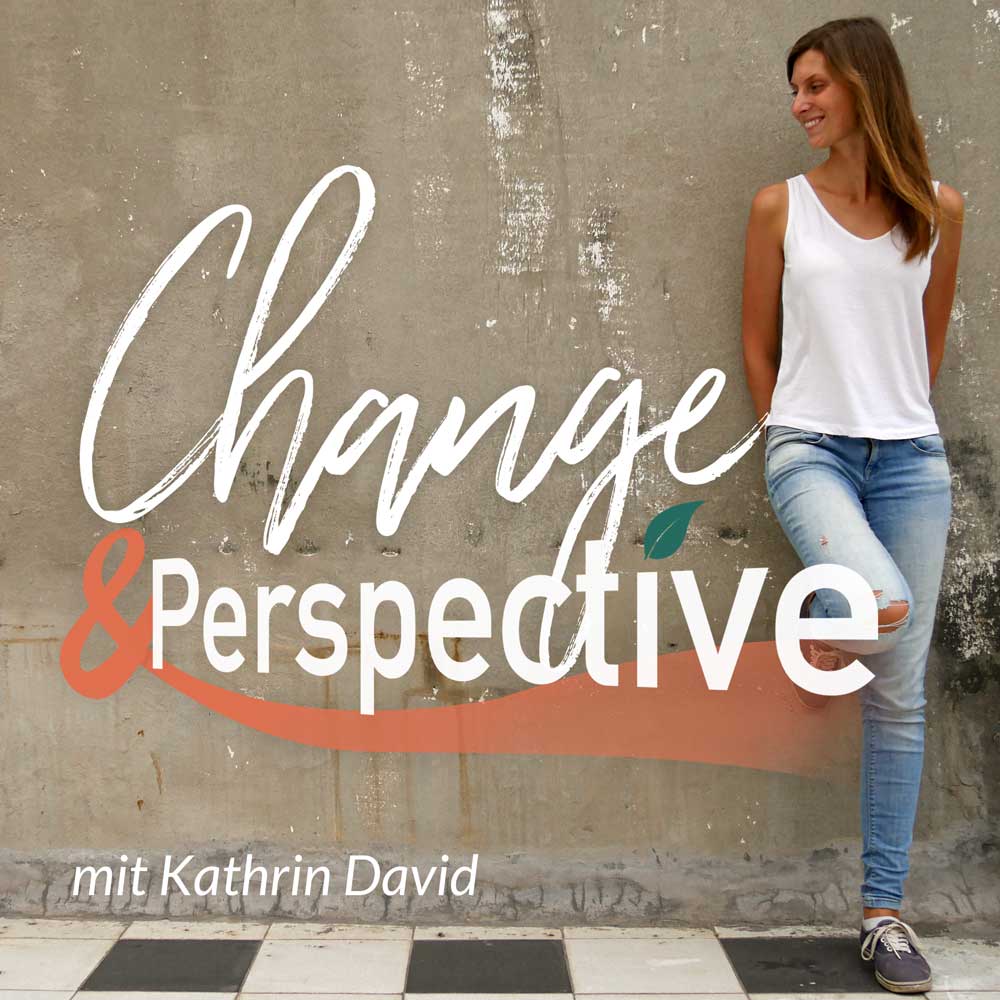Bhutan is the first carbon negative country in the world. It is a rolemodel when it comes to happiness and sustainability. But what is it really like to live in the country? I’m asking Dechen Tshomo:
- What is it like to grow up in Bhutan and how has her time abroad in Germany changed your perception of the country?
- How does the Gross National Happiness Index (GNH) work and what can we learn from it?
- Why is tourism so expensive and what do Bhutanese think about foreign travelers?
Listen
#081
Klicken Sie auf den unteren Button, um den Inhalt von anchor.fm zu laden.
Bhutan – a role model for sustainability and happiness?
“After Bhutan opened up around 1960, some things changed in the country. Some people felt pressure from outside“
Dechen Tshomo grew up in Bhutan, went to Germany for about 7 years to study and came back to work in tourism and is now a as Deputy Executive for an Art and cultural conservation centre. She has a unique perspective and takes us into her thoughts about the Western world, compared to the values and way a life in Bhutan.
Bhutan opened up for international travelers only in the 1970’s after crafting their own sustainable approach and making sure, to protect the culture and environment at the same time. Dechen explains, why the country takes a daily mandatory fee to travel the country and gives us tips how to travel the Bhutan respectfully.
There is a lot more to Bhutan than you might think. Listen to this conversation and get inspired.
“Its sad that we are not able to express. Those how can, have a different understanding. But those that are genuinely happy don’t get the platform to express or reach the platform”

You would like to learn more about sustainable travel and mindset? Help abroad and enable positive change?
Check out our online courses on give & grow.


Grandios, dieser berührende Beitrag aus Bhutan! Selten noch hat mich ein Podcast so berührtnund inspiriert. Danke liebe Kathrin
Vielen Dank für deine Worte Robert. Das freut mich unglaublich. Ich finde auch das Gespräch ist etwas ganz besonderes.
Liebe Grüße, Kathrin